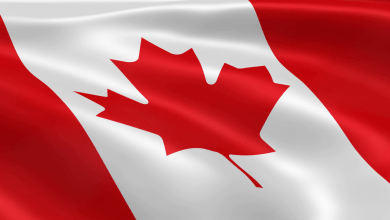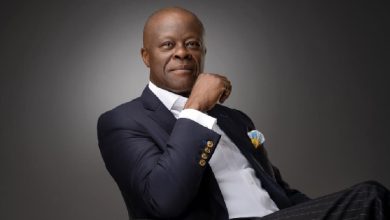DR Congo and M23 Rebels Agree to Truce in Breakthrough Qatar-Brokered Talks

In a surprising diplomatic breakthrough, the Democratic Republic of the Congo (DRC) and the Rwandan-backed M23 rebel group have agreed to an immediate ceasefire, following high-level negotiations facilitated by Qatar in Doha.
The truce, announced late Wednesday, offers a rare glimmer of hope after months of brutal clashes that have devastated parts of eastern DRC. This includes M23’s shocking January offensive that led to the capture of two major cities, sending shockwaves across the Great Lakes region.
According to a joint statement, both sides have committed to “an immediate cessation of hostilities,” and denounced the use of hate speech or intimidation.
The agreement calls on local communities to support peace efforts and avoid inflammatory rhetoric, which has historically fueled cycles of violence in the region.
Crucially, the cessation of hostilities will remain in place “throughout the duration of the talks and until their conclusion,” suggesting both parties are prepared for sustained dialogue—something that has eluded them for years.
Reporting from Goma, Al Jazeera’s Alain Uaykani noted the symbolic significance of the agreement, pointing out that mutual engagement between the DRC government and M23 marks a turning point after years of stalemates and shattered ceasefires.
Still, the fragility of the truce is already being tested. Fresh reports of violence in South Kivu province serve as a stark reminder of how quickly progress can unravel in a region haunted by deep-rooted mistrust and trauma.
Qatar’s growing role as a diplomatic intermediary was on full display, following its unexpected success in orchestrating a meeting last month between President Félix Tshisekedi of the DRC and Rwandan President Paul Kagame.
The summit quietly opened the door for direct talks between Kinshasa and M23—something the Congolese leadership had long resisted.
The M23 rebellion traces its origins to the aftermath of the 1994 Rwandan genocide. Its fighters, primarily ethnic Tutsis, include former rebels once integrated into the Congolese army who later defected, accusing the government of marginalization and violating previous peace agreements.
The conflict has intensified since 2021, with at least six previous ceasefires collapsing under renewed violence. The toll has been catastrophic: thousands killed, millions displaced, and growing fears that the conflict could spiral into a broader regional war.
The DRC, the United Nations, and multiple Western nations have repeatedly accused Rwanda of backing M23 with troops and weapons—allegations that Kigali continues to deny.
This latest agreement represents more than a pause in fighting—it’s a tentative step toward resetting the trajectory of a war that has plagued the eastern Congo for decades. But with tensions still smoldering on the ground, the path to a lasting peace remains uncertain and fraught with complexity.
If sustained, however, the Qatar-brokered talks could become a cornerstone for regional stability—proof that even the most entrenched conflicts can yield to diplomacy, dialogue, and the quiet power of compromise.





